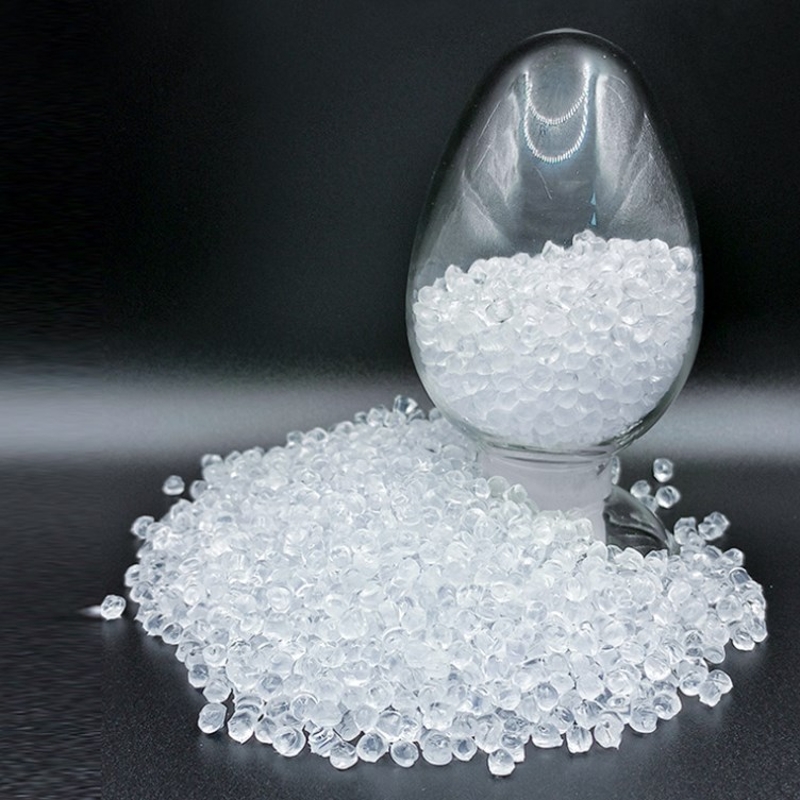-
Categories
-
Pharmaceutical Intermediates
-
Active Pharmaceutical Ingredients
-
Food Additives
- Industrial Coatings
- Agrochemicals
- Dyes and Pigments
- Surfactant
- Flavors and Fragrances
- Chemical Reagents
- Catalyst and Auxiliary
- Natural Products
- Inorganic Chemistry
-
Organic Chemistry
-
Biochemical Engineering
- Analytical Chemistry
-
Cosmetic Ingredient
- Water Treatment Chemical
-
Pharmaceutical Intermediates
Promotion
ECHEMI Mall
Wholesale
Weekly Price
Exhibition
News
-
Trade Service
Dibutyl adipate is an organic compound that is commonly used in the chemical industry.
It is a white, waxy solid that is soluble in organic solvents but not in water.
Dibutyl adipate is used as an intermediate in the production of a variety of chemical products, including plasticizers, lubricants, and dyes.
Upstream Products
The production of dibutyl adipate involves several steps, including the reaction of maleic anhydride with 1,3-butanediol to form the diester, followed by the hydrolysis of the diester to produce the diacid.
The diacid is then reacted with 1,3-butanediol to form the diol, which is then esterified with butanol to produce dibutyl adipate.
The production of dibutyl adipate involves several upstream products, including maleic anhydride, 1,3-butanediol, butanol, and various intermediates.
Maleic anhydride is a white, odorous solid that is used as a precursor in the production of a variety of chemicals, including dyestuffs, polymers, and pharmaceuticals.
It is synthesized by the reaction of benzene with maleic acid, or by the oxidation of dimethylvinyl ether.
1,3-Butanediol is a colorless, virtually odorless liquid that is used as an intermediate in the production of a variety of chemicals, including plasticizers, solvents, and surfactants.
It is synthesized by the reduction of 1,3-butylene oxide, which is obtained by the oxidation of butane.
Butanol is a colorless, flammable liquid that is used as a solvent, fuel, and intermediate in the production of a variety of chemicals.
It is synthesized by the fermentation of sugars or starches, or by the hydrogenation of butene.
Downstream Products
Dibutyl adipate is used as an intermediate in the production of a variety of chemical products.
One of the most common uses of dibutyl adipate is as a plasticizer, which is added to plastics to improve their flexibility and durability.
Dibutyl adipate is also used as a lubricant, a dye, and a solvent.
Plasticizers are additives that are used to improve the flexibility and durability of plastics.
Plasticizers are typically added to plastics in small amounts, and they help to soften the plastic and make it more pliable.
Dibutyl adipate is commonly used as a plasticizer, and it is particularly effective in improving the flexibility of polyvinyl chloride (PVC).
Lubricants are substances that are used to reduce friction and wear between two surfaces.
Lubricants are typically added to fuels, oils, and greases, and they help to reduce the amount of friction between moving parts, which can help to improve efficiency and reduce wear and tear.
Dibutyl adipate is used as a lubricant, and it is particularly effective in reducing friction in high-temperature applications.
Dyes are substances that are used to impart color to materials.
Dyes are typically added to textiles, plastics, and other materials to give them a specific color.
Dibutyl adipate is used as a dye, and it is particularly effective in imparting a bright, vibrant color to materials.
Solvents are substances that are used to dissolve other substances.
Solvents are commonly used in the chemical industry to dissolve a wide variety of chemicals, including acids, bases, and other organic compounds.
Dibutyl adipate is used as a solvent, and it is particularly effective in dissolving fats and oils.
Con







